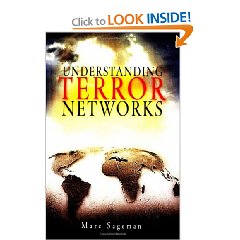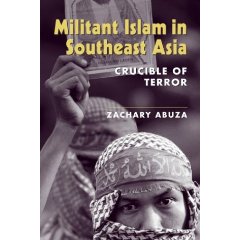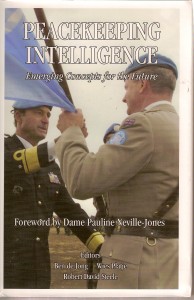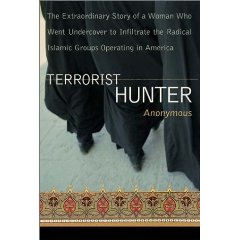Pages 65-68 offer a superb overview of the nuances of open sources of information, including a useful caveat on “experts” that are only as good as their discipline in seeking out and validating the sources they claim as their foundation. From my own role as a former spy and now global proponent for improved use of open sources of information to product open source intelligence, I regard the author's methodical review of sources and their dangers to be among the very best I have ever seen. His details on press misinformation and the laziness of journalists, and his understanding of how many “leads” about terrorists are actually more sinister and selfish efforts to settle personal scores by fabricating the leads to destroy others using American power, are clear signs that this author is a top-notch professional.
In general the book and the original research by the author confirm what earlier scholars of revolution (Chalmers Johnson, Ted Gurr, Eckstein, among others) have documented in the past, to wit that most top-notch terrorists are middle-class, smart, educated beyond the norm, and grow into their motivation. They are *not* crazy and suicide is a rational choice for them, not an aberrant behavior.
I found the author's observation that recruitment is a bottom-up self-selected process rather than a top-down “seek out and recruit” process, quite fascinating, especially when the author makes the point that these people are NOT brainwashed. This is about a conflict of ideas, of ideals, of perception, and of context, and America is clearly not able to field the “idea army” and is not able to be competitive with Bin Laden in the war for the hearts and minds of these hundreds of thousands of prospective terrorists.
Most importantly, the author documents that Bin Laden is not your typical terrorist, is not seeking a controlled network, and is perhaps most brilliant for letting thousands of cells blossom with a little financial nurturing and a lot of social liberty.
The author documents the return of kinship as a source of power–kinship and social networking as means of organizing, as means of providing security, as means of radicalizing supporters.
The book is disappointing in two respects–a cursory conclusion as to how to marshal global resources against their severe threat, and no reference to the Pakistani and Hamas variants of terrorism, nor to the overlapping networking of ethnic criminal, corrupt government, and motivated terrorist networks.
For those interested in understanding the terrorist threat at the individual level of detail, I recommend this book together with Yossef Bodansky's classic on “Bin Laden: the Man Who Declared War on America” and Steve Emerson's more recent “American Jihad.” However, for a broader strategic understanding of the emerging threats and the reasons why billions are increasingly against America, I suggest the Amazon customer consider the several books in my Emerging Threats List and my Blowback List (“see more about me” should really say “see my other reviews and specific lists”).
I believe this author has more to offer, and would be interested in a second book from him, one that answers the specific question: “How must America behave, what pathologies of American corporate and government action must be corrected, if we are to live in peace with billions of faithful Muslims?” The author has helped us understand the core of the terrorist networks that are capable of bringing down America. Now it might be helpful if he turns his medical eye on our own mind-sets, and tells us how to heal ourselves.











